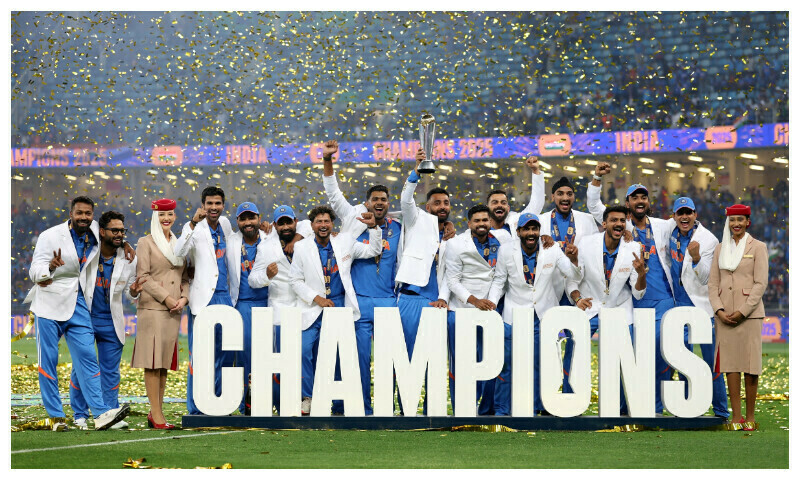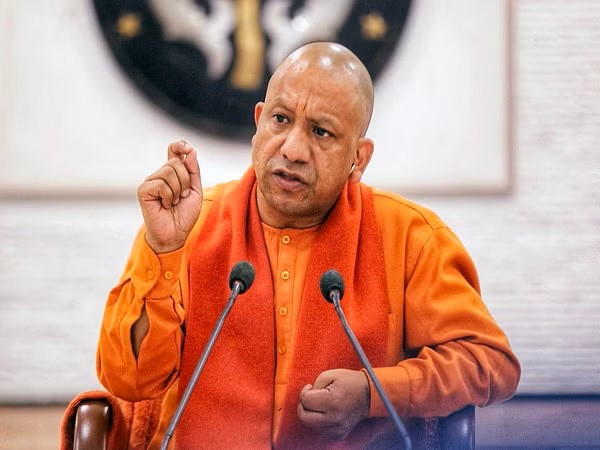In a significant move underscoring India’s commitment to maritime security and regional stability, Raksha Mantri Shri Rajnath Singh reviewed the Indian Navy’s operational preparedness and the evolving maritime security landscape during the first phase of the Naval Commanders’ Conference 2025 held in Karwar, Karnataka. The gathering marked a crucial opportunity for high-level dialogue, where Naval leadership came together to deliberate on contemporary challenges, operational capabilities, and the way forward for India’s maritime forces.
 Speaking to the Commanders, Shri Rajnath Singh praised the Indian Navy’s unwavering dedication to safeguarding the nation’s maritime interests. He lauded their consistent excellence in meeting the nation’s expectations, especially in dynamic and high-pressure environments. His message was clear and heartfelt—India’s sailors are not only protecting its shores but also embodying the spirit of innovation and strength that defines the modern Indian Armed Forces.
Speaking to the Commanders, Shri Rajnath Singh praised the Indian Navy’s unwavering dedication to safeguarding the nation’s maritime interests. He lauded their consistent excellence in meeting the nation’s expectations, especially in dynamic and high-pressure environments. His message was clear and heartfelt—India’s sailors are not only protecting its shores but also embodying the spirit of innovation and strength that defines the modern Indian Armed Forces.
Recognizing the global shifts in power and influence, the Defence Minister spoke of Asia’s rising prominence in the 21st century, asserting that India has a central role to play in shaping peace and prosperity in the Indo-Pacific region. He emphasized that the Indian vision of security is rooted in openness, freedom, and adherence to international laws, particularly the United Nations Convention on the Law of the Sea (UNCLOS). His words urged the Commanders to stay vigilant, plan strategically, and evolve constantly to stay ahead of emerging threats.
Shri Rajnath Singh also highlighted the unprecedented pace of naval modernization in the past decade, acknowledging the Government’s unwavering support in fulfilling the Armed Forces’ needs. He pointed to the induction of advanced platforms and technologies that have significantly boosted the Navy’s strength and morale, reaffirming that the Government stands shoulder to shoulder with the forces in their mission to protect the nation.
Marking 2025 as the ‘Year of Reforms’ in the Ministry of Defence, he called for united efforts across all levels to ensure meaningful change. He reminded the Commanders that while policy reforms are driven from the top, the success of these changes lies in the practical, ground-level implementation—whether in training, resource management, or technology adoption. Only when both policy direction and field execution align can the full potential of reforms be realized.
The Naval Commanders’ Conference serves as a vital platform for strategic planning and cross-service coordination. This year’s discussions reflect India’s growing stature as a dependable security partner in the Indian Ocean Region and reaffirm the Navy’s role in maintaining peace and stability in the broader region. The upcoming second phase of the conference in New Delhi will further broaden this dialogue, involving senior leadership from the Army, Air Force, and key government officials to ensure synergy in national defense strategy.
Amid growing global uncertainties, the event echoed a strong and reassuring message—that India is not only prepared but also determined to shape a secure and inclusive maritime future.




